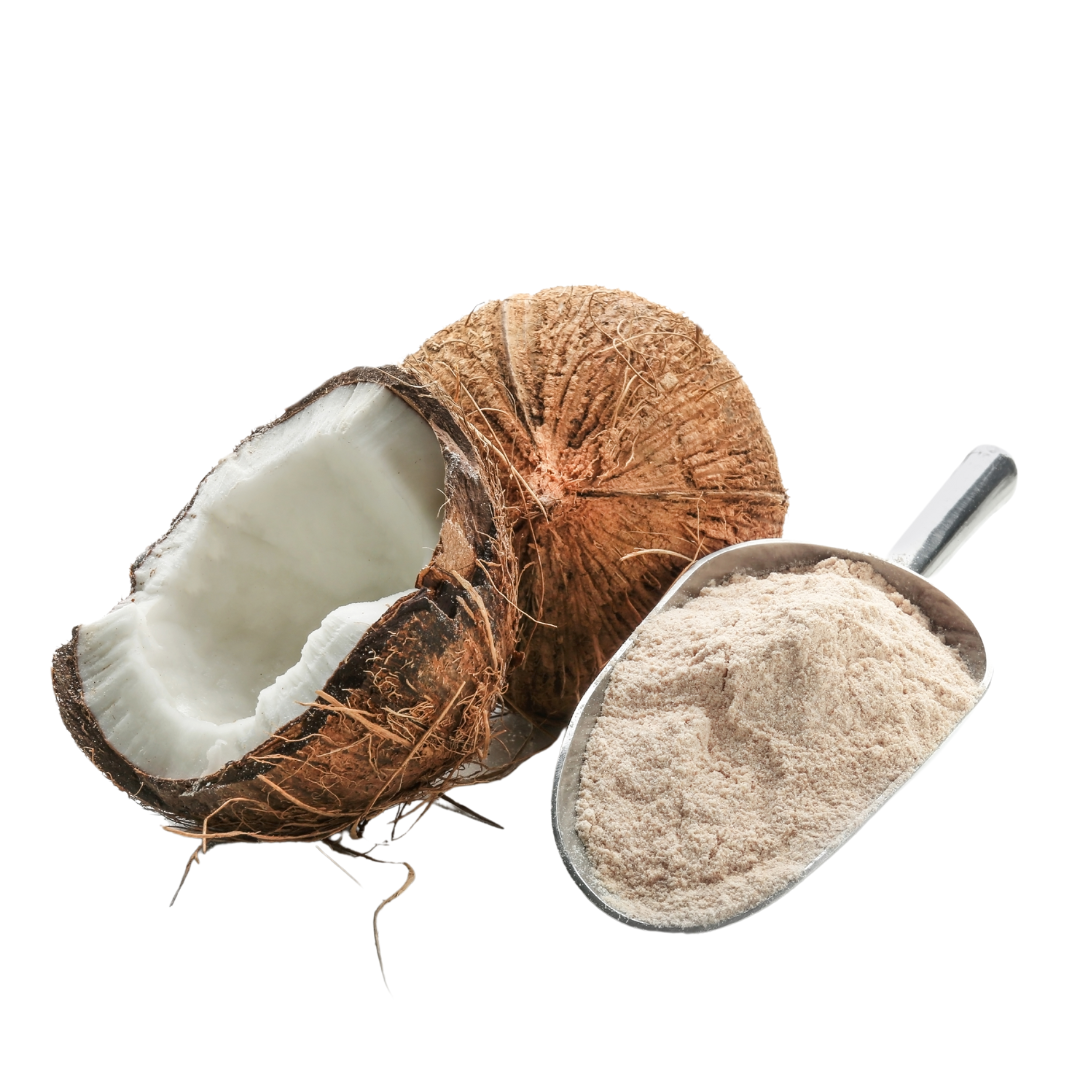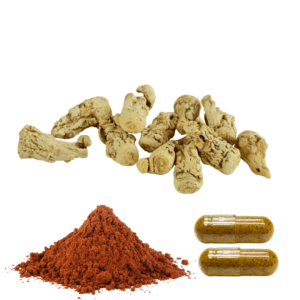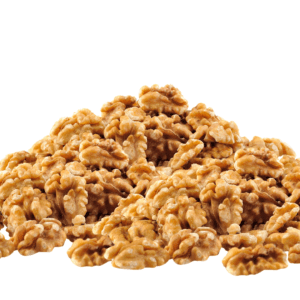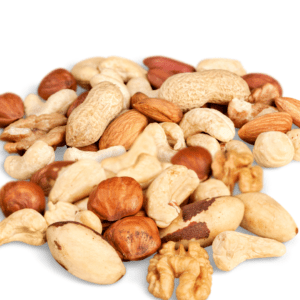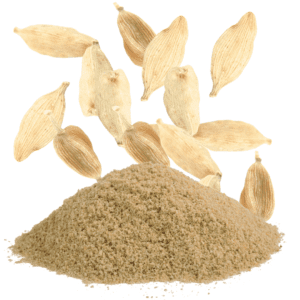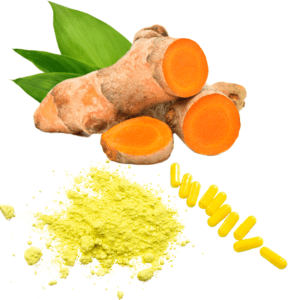Coconut Flour:
Description: Coconut flour is a versatile and gluten-free alternative to traditional grain-based flours. It is made from the dried, defatted coconut meat, resulting in a fine, powdery texture. Coconut flour is known for its mild coconut flavor and is commonly used in baking and cooking as a nutrient-rich substitute for wheat flour.
Nutritional Breakdown: Coconut flour is nutrient-dense and offers several health benefits:
- Protein: Coconut flour contains a moderate amount of protein, supporting muscle function and repair.
- Fiber: High in dietary fiber, coconut flour aids in digestion, helps regulate blood sugar, and promotes a feeling of fullness.
- Healthy Fats: While low in total fat, coconut flour provides healthy fats, including medium-chain triglycerides (MCTs), known for their potential metabolic benefits.
- Minerals: Contains trace amounts of minerals such as iron, manganese, phosphorus, and copper.
- Low Carbohydrates: Coconut flour is lower in carbohydrates compared to traditional flours, making it a suitable choice for low-carb and keto diets.
Potential Benefits:
- Gluten-Free and Grain-Free:
- Ideal for individuals with gluten intolerance or those following a grain-free diet.
- Rich in Fiber:
- Promotes digestive health, helps regulate blood sugar levels, and contributes to a feeling of satiety.
- Blood Sugar Regulation:
- The low glycemic index of coconut flour may assist in better blood sugar control.
- High Protein Content:
- Supports muscle health and provides a good protein source for those with dietary restrictions.
- Nutrient-Dense:
- Contains essential nutrients and healthy fats, contributing to overall nutritional intake.
How to Use Coconut Flour:
- Baking and Cooking:
- Substitute coconut flour for wheat flour in recipes at a ratio of approximately 1:4 due to its high absorbency. It may require additional liquid in recipes.
- Breading and Coating:
- Use coconut flour as a gluten-free alternative for breading or coating meats and vegetables.
- Smoothies and Shakes:
- Add a tablespoon of coconut flour to smoothies or shakes for added thickness and nutritional content.
- Thickening Agent:
- Use coconut flour as a thickening agent in soups, stews, or sauces.
- Baked Goods:
- Incorporate coconut flour into muffins, pancakes, cookies, and other baked goods for a subtly sweet flavor.
- Dusting and Rolling:
- Dust pans or rolling surfaces with coconut flour to prevent sticking.
- Gluten-Free Pizza Crusts:
- Create gluten-free pizza crusts using a mixture of coconut flour and other gluten-free flours.
Caution:
- Absorbency: Coconut flour is highly absorbent, so recipes may need adjustments to maintain the desired texture.
- Hydration: Increase fluid intake when consuming coconut flour, as it absorbs water and can contribute to a dry mouth sensation.
Experiment with coconut flour gradually, as it behaves differently than traditional flours. Adjust recipes based on texture preferences and hydration levels. If you have specific dietary concerns or conditions, consult with a healthcare professional or a nutritionist.

